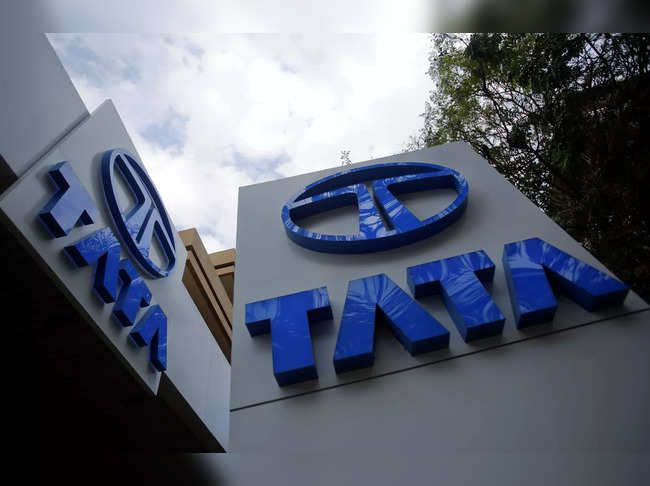 Reuters
ReutersIndia's largest conglomerate will promote the entity through its subsidiary Ferbine Pvt. Ltd and is expected to hold the majority stake. Bharti Airtel unit Airtel Digital is buying 10% in Ferbine while HDFC Bank and Kotak Mahindra Bank have already picked up 9.9% each in the venture. Mastercard and Nasper-backed PayU are also part of the consortium.
ET was the first to report in its edition on October 14 that Tata Sons had initiated preliminary talks with the Reserve Bank of India on its plans to set up a pan-India retail payments entity.
 Agencies
AgenciesDiscover the stories of your interest

Tata Sons, HDFC Bank, SBI, BoB, PayU and Mastercard did not respond to ET’s emailed queries.
An NUE licence will go a long way in helping Tata Group strengthen its foray into new-age financial services while also setting the groundwork for its consumer 'Super App' that has been in the works to take on Amazon and Reliance for a share of India's online retail market.
As part of a larger financial services play, Tata Group Chairman N. Chandrasekaran had last year announced plans to build a super app under Tata Digital. The venture would be open architecture with a strong payment engine offering hosts of e-commerce choices and financial products among others.
The new app is expected to help Tata compete with the growing dominance of Reliance and Amazon, among others, in the country's online retail market. Tata already operates an e-commerce platform Tata CLiQ, online grocery store StarQuik and online electronics platform Croma through its digital subsidiary Tata Digital.
The Tata Group will now face stiff competition for the coveted NUE licence from consortiums led by Mukesh Ambani's Reliance Group and Amazon, which are in advanced stages of presenting their NUE plans to RBI, as reported first by ET. A fourth consortium backed by Paytm is also in the fray.
According to an official in the know, the central bank may not hand out more than two NUE licences. “It will also be interesting to see how RBI addresses the conflict-of-interest risks as most applicants are also stakeholders in NPCI,” the person cited above said.
Both HDFC Bank and Kotak Mahindra Bank are among the largest retail banks in India processing a significant chunk of the country's digital payments. According to NPCI data, HDFC Bank in January processed 206 million UPI remits whereas Kotak Mahindra processed 77 million. Airtel already runs a payments bank and hopes to become a small finance bank in the future. While Mastercard has been a mainstay in India’s digital payments ecosystem through its card network, Naspers-backed PayU is a payment gateway that competes with BillDesk and CCAvenue, which are part of Amazon-ICICI Bank and Reliance-Facebook consortiums, respectively.
RBI is of the view that NUEs will help the central bank to achieve its stated objective of “derisking” India’s burgeoning retail payments ecosystem where NPCI currently holds a dominant position. The central bank has laid the onus on prospective applicants to identify solutions they want to commercially create.


















 Get Unlimited Access to The Economic Times
Get Unlimited Access to The Economic Times
